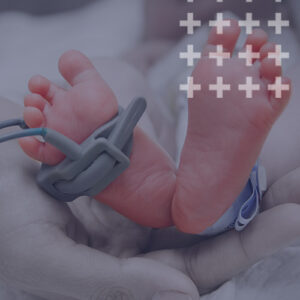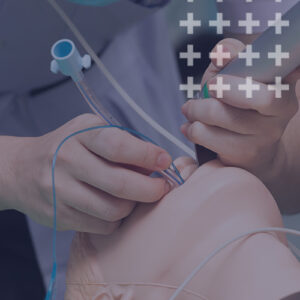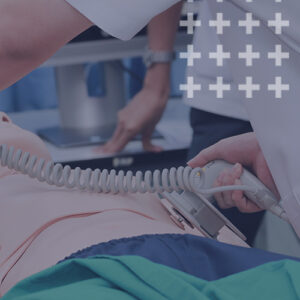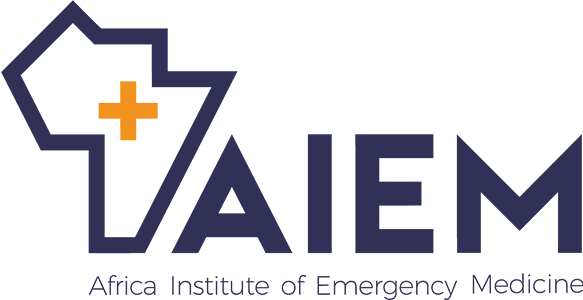
PALS – Paediatric Advanced Life Support (AHA)
PALS – Paediatric Advanced Life Support, provides essential knowledge and skills to recognize and manage respiratory and cardiac emergencies in pediatric patients. Through interactive simulations, hands-on practice, and evidence-based protocols, participants learn to perform effective resuscitation, make quick decisions, and work as a team in high-pressure situations, ultimately enhancing patient outcomes in emergencies.
Study Time: 2 Days
CPD Points: 30
Language: English
R4600,00
Is the PALS course for me?
Qualification: Advanced medical qualification
Prerequisites: A valid BLS for HCP or PEARS certificate
The Paediatric Advanced Life Support (PALS) course is a comprehensive program tailored for healthcare providers who work with critically ill infants and children. This course equips participants with the knowledge and skills necessary to effectively recognize and respond to pediatric emergencies, including respiratory distress, cardiac arrest, and other life-threatening conditions.
Course Objectives
- Assess and Manage Emergencies: Gain an understanding of the critical steps in evaluating and treating pediatric patients in acute situations. This includes recognizing the signs of deterioration and understanding the appropriate interventions.
- Perform High-Quality CPR: Master the techniques of high-quality cardiopulmonary resuscitation (CPR) specifically designed for infants and children, including proper hand placement, compression depth, and ventilation strategies.
- Utilize Advanced Airway Techniques: Learn about advanced airway management techniques and devices, enabling effective ventilation in both conscious and unconscious patients.
- Understand Pharmacology: Familiarize participants with the key medications used in pediatric emergencies, including dosages, indications, and contraindications.
- Practice Team Dynamics: Emphasize the importance of effective communication and teamwork during resuscitation efforts. Participants will engage in scenario-based training to develop their leadership and collaborative skills in high-pressure situations.
Course Structure
The PALS course typically includes a combination of lectures, interactive discussions, and hands-on practice. Participants will engage in realistic simulations that replicate common pediatric emergencies, allowing them to apply their knowledge in a controlled environment. This practical experience is essential for building confidence and proficiency in emergency response.
Target Audience
This course is ideal for a variety of healthcare professionals, including nurses, physicians, paramedics, and other first responders who may encounter pediatric patients in emergency settings. Prior completion of a basic life support (BLS) course is often recommended.
Certification
Upon successful completion of the course, participants receive a certification in Paediatric Advanced Life Support, which is typically valid for two years. This certification demonstrates the provider’s commitment to enhancing their skills in pediatric emergency care and improving patient outcomes.
Conclusion
The PALS course is an invaluable opportunity for healthcare providers to enhance their competencies in pediatric emergency care. By developing critical skills and knowledge, participants can make a significant difference in the lives of young patients during emergencies, ultimately contributing to better health outcomes in the pediatric population.
Related products
-

Neonatal Emergency Resuscitation and Stabilisation – NERS
R2700,00 This product has multiple variants. The options may be chosen on the product page -

Evidence Based Management of Oxygenation, Ventilation and Airway – EMOVA
R3950,00 This product has multiple variants. The options may be chosen on the product page -

Aviation for Healthcare Providers – AHCP
R7000,00 This product has multiple variants. The options may be chosen on the product page -

Advanced Cardiovascular Life Support Providers (AHA) Update – ACLS Update
R2500,00 This product has multiple variants. The options may be chosen on the product page
